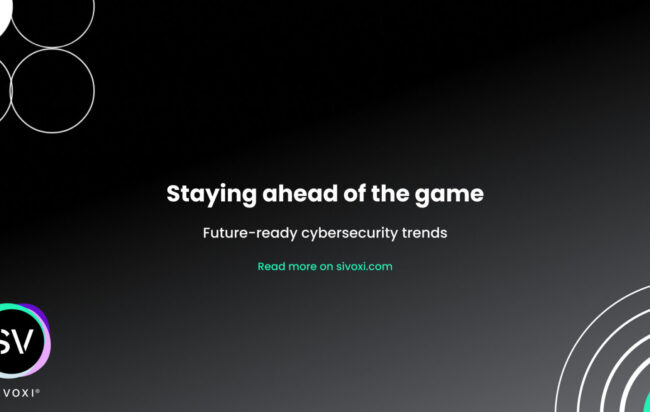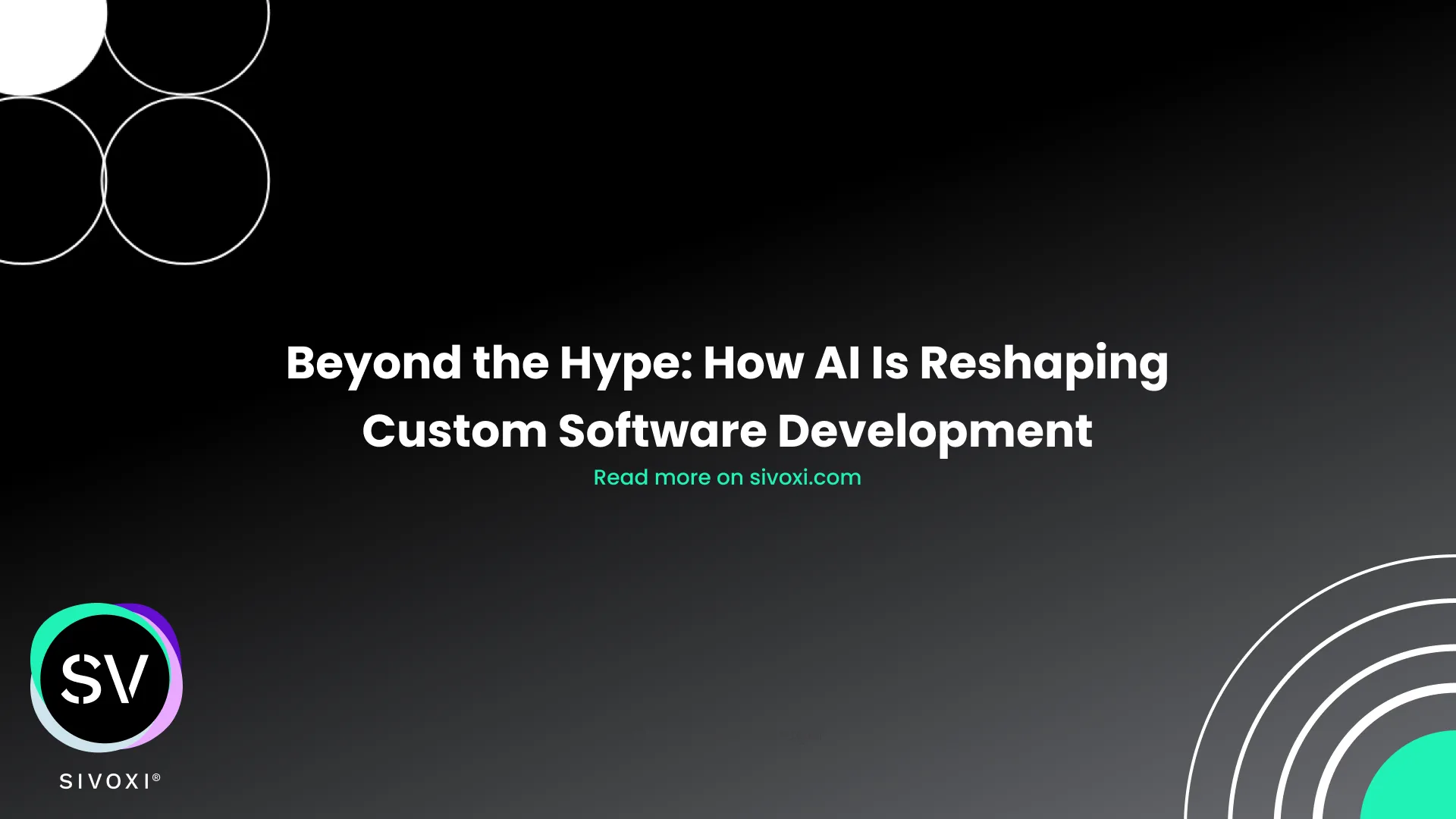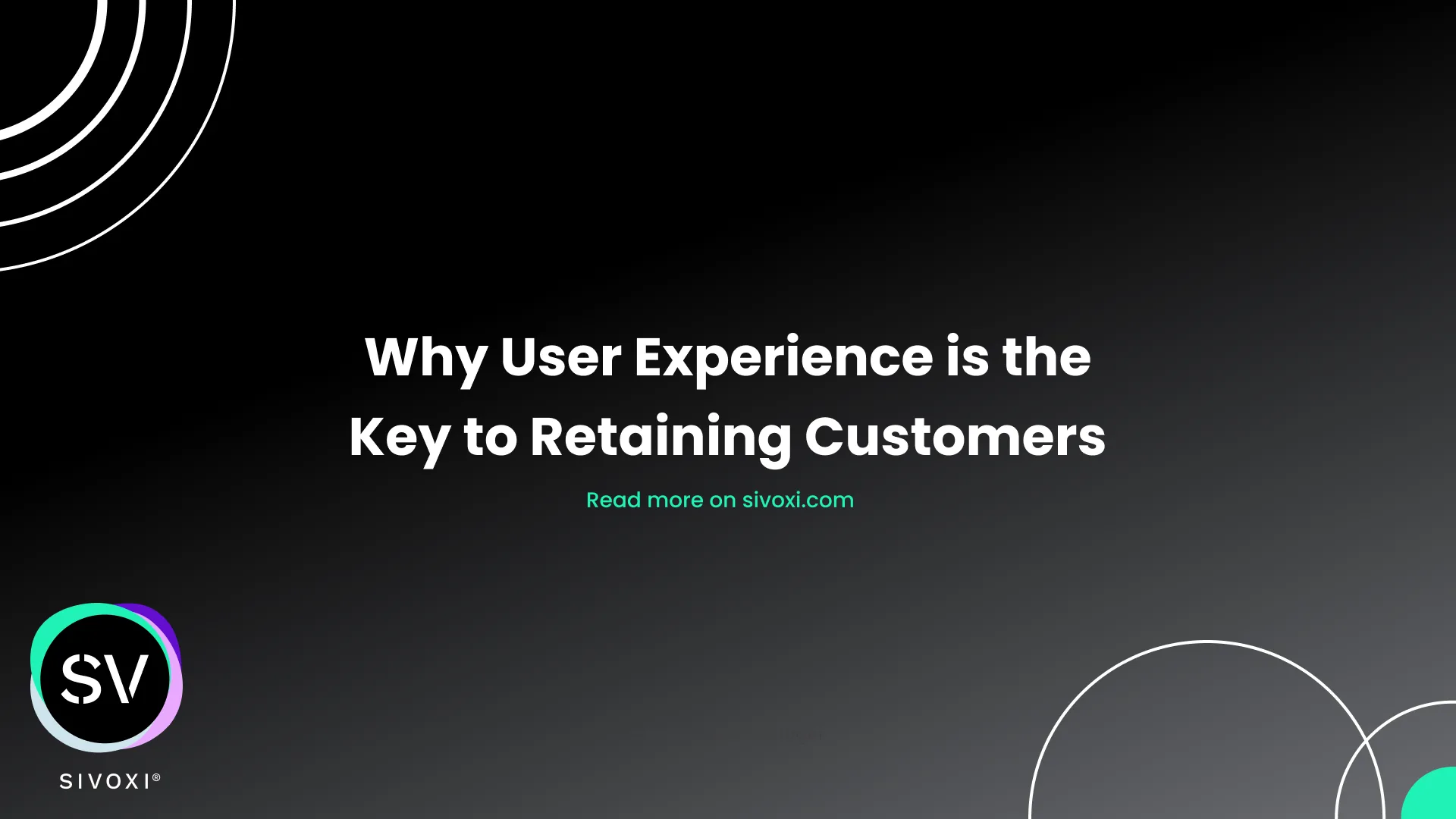A variety of custom software development methodologies
One of the most prominent trends in future-ready cybersecurity is the integration of AI and machine learning technologies. AI-powered cybersecurity solutions leverage advanced algorithms to analyze vast amounts of data and identify potential security threats in real time. AI enhances the efficiency and effectiveness of cybersecurity operations, enabling organizations to respond to emerging threats. AI-driven predictive analytics can also anticipate future cyber attacks based on historical data, enabling proactive risk mitigation.
Another emerging trend is the adoption of zero-trust security models. Traditional perimeter-based security approaches are no longer sufficient. Zero-trust security models operate on the principle of “never trust, always verify,” requiring continuous authentication and authorization, regardless of location or network access. Zero-trust architectures minimize the risk of lateral movement and unauthorized access.
As the Internet of Things (IoT) continues to proliferate, securing connected devices and ecosystems is critical. Future-ready cybersecurity strategies must address the unique challenges posed by IoT devices. This includes limited processing power, heterogeneous architectures, and diverse communication protocols. Solutions such as device identity management, secure firmware updates, and network segmentation help mitigate IoT-related risks.
The rise of quantum computing presents both opportunities and challenges for cybersecurity. While quantum computing holds the promise of exponentially faster processing speeds and breakthroughs in scientific research, it also threatens traditional encryption algorithms used to secure sensitive data. Future-ready cybersecurity strategies must anticipate the impact of quantum computing on cryptographic protocols and transition to quantum-resistant algorithms to safeguard against potential threats.
Another trend shaping the future of cybersecurity is the convergence of cybersecurity and physical security domains. As cyber-physical systems become increasingly interconnected, securing critical infrastructure, smart cities, and industrial control systems (ICS) is paramount. Future-ready cybersecurity strategies must adopt a holistic approach that encompasses both digital and physical security elements, integrating technologies such as video surveillance, access control systems, and intrusion detection systems with cybersecurity controls to mitigate hybrid threats effectively.
Future-ready cybersecurity requires a proactive and adaptive approach that anticipates evolving threats. As businesses continue to innovate and evolve, investing in future-ready cybersecurity strategies is essential to protect against emerging cyber threats and safeguard valuable digital assets.
To learn how we may be able to help you with secure software development please send us an email to tech@sivoxi.com
Alternatively give us a call at 060 803 9067











